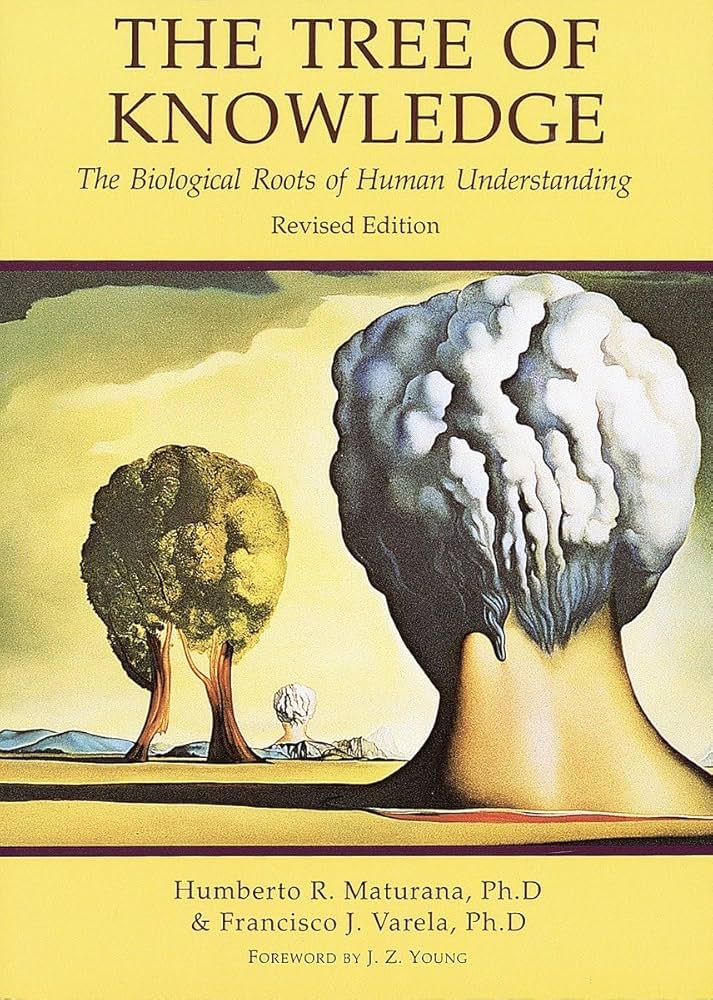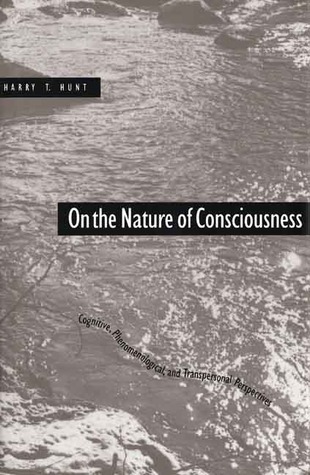
Matter and Consciousness: A Contemporary Introduction to the Philosophy of Mind
Book Description
What if the essence of who you are is nothing more than a complex interplay of neurons and synapses? Dive into the thrilling frontier of philosophy with Paul M. Churchland's 'Matter and Consciousness,' where the enigma of the mind collides with the hard truths of science. Explore provocative concepts like eliminative materialism and the nature of consciousness, challenging everything you thought you knew about reality. Each chapter meticulously dismantles old paradigms and invites you to peer into the depths of human experience. Can consciousness truly be understood without accepting the limits of the brain? Embrace the questions that linger at the edge of thought.
Quick Book Summary
"Matter and Consciousness" by Paul M. Churchland offers a rigorous yet accessible introduction to the philosophy of mind, blending insights from neuroscience, psychology, and philosophy. The book critically examines the relationship between the mind and the brain, presenting competing theories such as dualism, materialism, and behaviorism. Churchland is known for advocating eliminative materialism—the view that folk psychological concepts like beliefs and desires may be replaced by neuroscientific accounts. He discusses the problem of consciousness, the challenge of understanding subjective experiences or qualia, and considers artificial intelligence as both a philosophical puzzle and a practical test for theories of mind. This book challenges readers to question traditional views and think deeply about what it means to be conscious, the nature of self, and the limits of scientific explanation.
Summary of Key Ideas
Table of Contents
Competing Theories of Mind
Churchland begins by evaluating historical and contemporary theories about the mind-body relationship. He explains dualism—the belief that mental and physical substances are distinct—and contrasts it with the rise of materialist perspectives, where the mind is fully explainable in terms of brain processes. Behaviorism is also scrutinized for its emphasis on observable behavior over internal mental states, as Churchland maps out the evolution of explanatory frameworks in philosophy of mind.
Eliminative Materialism and Its Implications
Central to the book is eliminative materialism, Churchland's own influential hypothesis. He argues that common-sense concepts (like beliefs, desires, and intentions) are based on an unsophisticated 'folk psychology,' destined to be replaced by precise neuroscientific accounts. This provocative view holds that as our understanding of the brain deepens, some traditional ways of describing mental life will be recognized as fundamentally flawed, just as outdated scientific theories were superseded by more accurate ones.
The Challenge of Consciousness
One of the most enduring puzzles addressed is the problem of consciousness. Churchland assesses whether subjective experience—what it feels like to be aware or have sensations—can ever be explained by purely physical processes. The discussion highlights the difficulties of reconciling objective scientific findings with the rich, qualitative character of consciousness, and examines concepts like qualia, the subjective aspects of mental states.
The Role of Neuroscience in Explaining Mind
Neuroscience figures prominently throughout the book as both a promising and challenging field for the explanation of mind. Churchland describes discoveries about neural networks, brain mapping, and the mechanisms underlying cognition, arguing that progress in neuroscience is gradually transforming our conception of mental phenomena. However, he also acknowledges the limitations and unresolved questions, especially concerning the integration of neuroscientific findings with philosophical concerns.
Artificial Intelligence and the Mind-Body Problem
The exploration of artificial intelligence serves as a testbed for philosophy of mind. Churchland examines whether machines could ever attain consciousness, intentionality, or understanding, comparing computational models to biological minds. This examination tests the adequacy of different theories and illustrates the practical and conceptual challenges that emerge at the intersection of technology, neuroscience, and philosophy, compelling the reader to reconsider what it truly means to be conscious and to possess a mind.
Download This Summary
Get a free PDF of this summary instantly — no email required.





